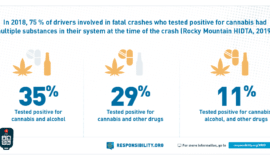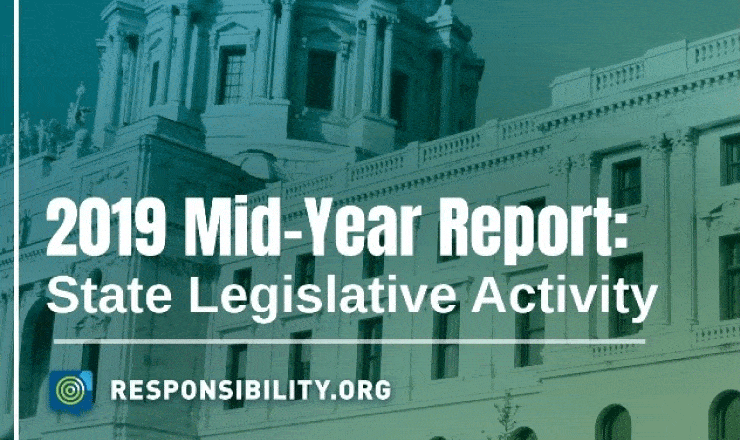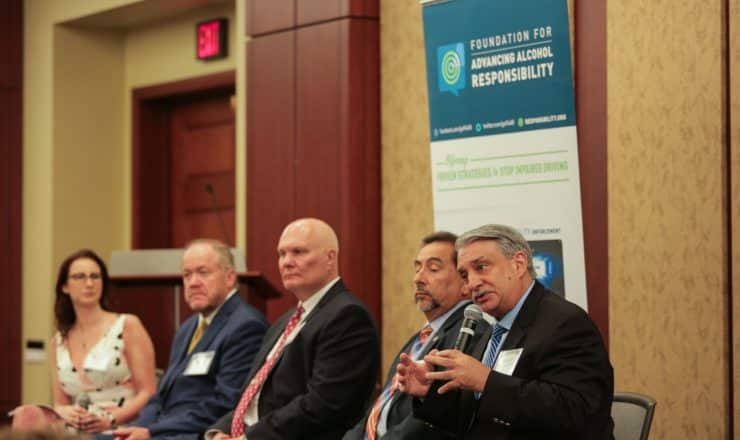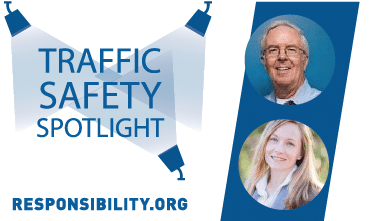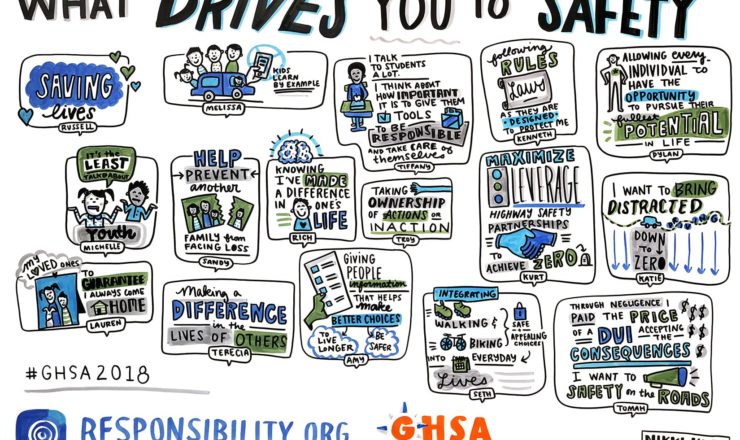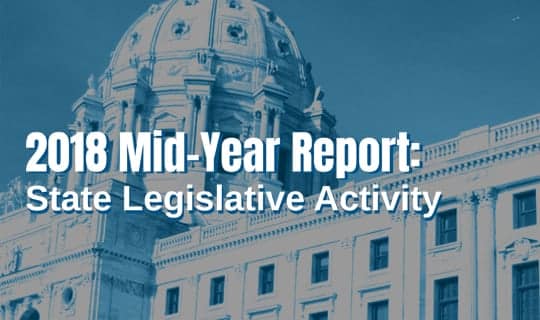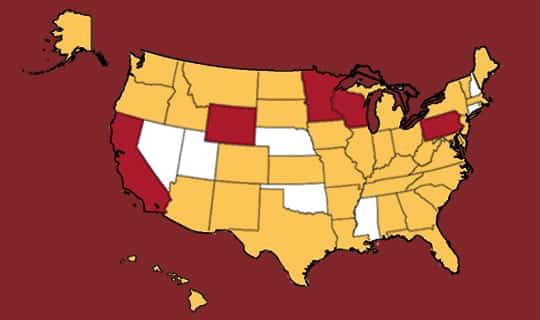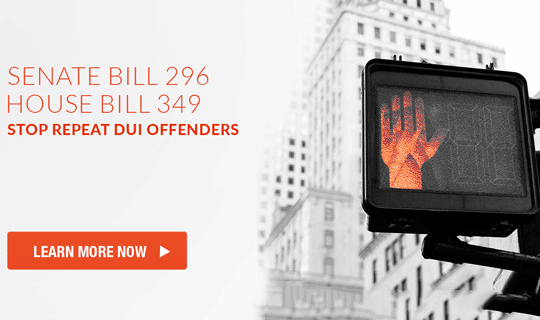Assessment Can Save Lives: A Practitioner Perspective

Practitioners in the justice system need as much information about their clients as possible. Each individual who passes through the court system is unique and has their own specific needs. To guide our decisions about supervision and treatment, we assess clients to better understand their risk factors and to identify underlying causes of offending. This allows us to treat their issues comprehensively. Since integrating the Computerized Assessment and Referral System (CARS) into our DUI Monitoring Court program, we have done a better job of identifying mental health disorders and, as a result, we have been able to connect our court participants with appropriate treatment interventions.
Since first being asked to participate in the CARS implementation pilot project in the summer of 2016, our DUI Court has completed over 100 assessments. I am the employee in our department who has been tasked with administering the assessment, and training other practitioners on how to use the tool. We have learned many important lessons since we first integrated CARS within our court.
Although San Joaquin County has many different Collaborative Courts, we decided to start using the CARS assessment in the treatment track of our DUI Court (more information about the innovative, multi-track San Joaquin DUI Monitoring Court can be found here). In our county, we use a triage tool to determine which track repeat offenders will be placed in (i.e., the monitoring track or the treatment track). Approximately 70% of the individuals that are sent to the DUI Court are identified as High Risk/Low Needs, which means that they do not present at the intake as having significant substance dependence. The other 30% are identified as having some form of substance use disorder or underlying mental health diagnosis that is contributing to their addiction. To better understand this High Risk/High Needs population, we integrated the CARS assessment as part of the intake process on for all Track II clients.
Before CARS became available to our court, the only assessment tools we used were the DUI RANT (Risk and Needs Triage) and the American Society of Addiction Medicine (ASAM) Criteria. The primary purpose of these tools is to identify a baseline for where individuals fall within the risk and needs matrix (e.g., high vs. low), as well as the level of care required for substance abuse related issues.
What I value most about the addition of CARS to our assessment process is that it has allowed me to dig deeper and identify mental health issues across the spectrum of low intensity (which have been historically overlooked in this setting), all the way to high intensity.
For clients who present with more severe mental health issues, we may determine that they are better suited for our Mental Health Court which is staffed by clinicians. However, if we are not able to identify these problems, it limits our ability to make informed decisions. And the research is clear – multiple DUI offenders have an increased likelihood of suffering from co-occurring disorders which contributes to their poor choices and substance use, and ultimately places them at high risk to recidivate. For these reasons, we felt it was important to do a better job of identifying mental health issues among our court participants.
But this was originally a lofty goal. I am a certified addiction specialist and have always been reticent to identify co-occurring disorders in the low intensity mental health spectrum on my own because it is a practice that is best left to clinicians. With the CARS tool, I am now able to identify low to moderate mental health issues and refer clients to a treatment agency in our community that can give a diagnosis and formulate a treatment plan. This has improved our outcomes tremendously!
While it is easy to see the benefits of CARS from a process standpoint, it is also important to share how this type of assessment can assist practitioners to not only make better referrals but also to help vulnerable individuals. I have personally been able to intervene with two clients that were contemplating suicide. Once I discovered their suicidal ideation during the CARS session, I was able to stop the interview and coordinate immediate transport for these individuals to our local mental health crisis unit. I am very grateful for the opportunity presented to me to possibly save these individuals lives and connect them with services.
The CARS assessment is free online to download and I highly encourage fellow assessment specialists and criminal justice practitioners to access the tool and, at the very least, try it in your respective programs. Any agency dedicated to reducing recidivism and improving the health and security of their community should consider including CARS among existing assessment protocols.
The information obtained from the assessment can help guide decision-making, improve outcomes, and it might just allow you to save a life. And making that kind of difference, even for one person, is worth it.
Nate Summers is a Certified Addiction Specialist and former Board Registered Interventionist. He has been working in the field of addiction recovery since 2006, and has been employed at the San Joaquin County Superior Court as a Compliance Officer since 2008. Nate has studied the best practices of Collaborative Courts and has been dedicated to the implementation of assessment-driven policies since 2013. He is a certified trainer in the ASAM Criteria, RANT, DUI RANT, CARS, and the ASI. His insights about the use and implementation of assessment instruments led to him being named to the national CARS Advisory Panel. Nate knows firsthand from his own personal recovery that accountability, evidence-based practices, and compassion can lead to long-lasting recovery.


